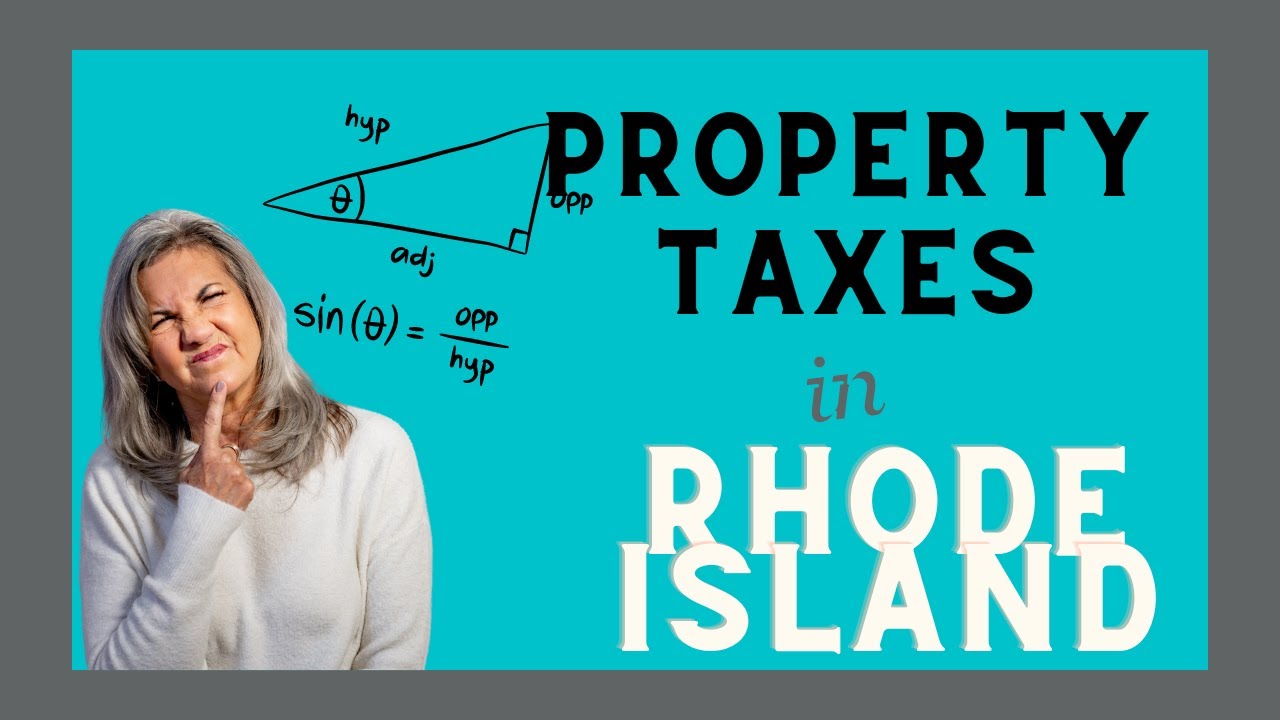Understanding Personal Property Tax
Personal property tax is a type of tax imposed on certain types of movable assets owned by individuals or businesses. Unlike real estate taxes, which are based on the value of immovable property such as land and buildings, personal property taxes are based on the value of movable property like vehicles, boats, equipment, and other assets.
Overview of Rhode Island Tax Laws
Rhode Island, like many other states, levies various taxes to fund government services. These taxes include income tax, sales tax, property tax, and personal property tax. The state’s tax laws are outlined in the Rhode Island General Laws and administered by the Rhode Island Department of Revenue.
Is Personal Property Tax Applicable in Rhode Island?
Yes, personal property tax is applicable in Rhode Island. The state imposes a tax on business tangible personal property, which includes assets that are used in trade or business. This tax applies to both real and personal property used in a commercial enterprise.
Rhode Island Personal Property Tax Explained
The personal property tax in Rhode Island is levied annually on the assessed value of qualifying assets owned by businesses. It is important to note that this tax does not apply to personal property owned by individuals for personal use.
What Qualifies as Personal Property in Rhode Island?
In Rhode Island, personal property includes assets such as furniture, fixtures, machinery, equipment, tools, inventory, supplies, and any other tangible assets used in the operation of a business. It does not include real estate or intangible assets such as patents, copyrights, or trademarks.
Assessing Personal Property Tax in Rhode Island
The responsibility for assessing personal property tax in Rhode Island falls upon the local city or town where the business is located. The local assessors determine the value of the taxable personal property based on factors such as age, condition, and market value.
How is Personal Property Tax Calculated?
The personal property tax in Rhode Island is calculated by multiplying the assessed value of the taxable personal property by the local tax rate. The tax rate varies depending on the municipality where the business is located. The resulting amount is the annual tax liability for the business.
Exemptions and Deductions for Personal Property Tax
Rhode Island provides certain exemptions and deductions for personal property tax. For example, machinery and equipment that are used exclusively for the production of income may qualify for an exemption. Additionally, businesses may be eligible for deductions if they meet specific criteria outlined in the state’s tax laws.
Filing Requirements for Personal Property Tax in Rhode Island
Businesses in Rhode Island are required to file a personal property tax return with the local assessor’s office. The filing deadline is typically on or before December 31st of each year. The return must include a detailed listing of all taxable personal property and its corresponding assessed value.
Important Deadlines for Personal Property Tax in Rhode Island
Aside from the annual filing deadline, businesses in Rhode Island must also be aware of other important deadlines related to personal property tax. These include the deadline for notifying the local assessor of any changes in personal property ownership and the deadline for appealing the assessed value of personal property.
Penalties for Non-compliance with Personal Property Tax Laws
Failure to comply with personal property tax laws in Rhode Island can result in penalties and interest charges. Penalties may be imposed for late filing, under-reporting, or failure to file altogether. It is important for businesses to fulfill their personal property tax obligations to avoid potential penalties.
Tips for Minimizing Personal Property Tax in Rhode Island
To minimize personal property tax in Rhode Island, businesses can take several steps. These include properly documenting and valuing their assets, taking advantage of available exemptions and deductions, actively managing their inventory, and reviewing their personal property tax assessments for accuracy. Seeking professional advice from tax experts can also help businesses navigate the complexities of personal property tax and identify potential savings opportunities.





